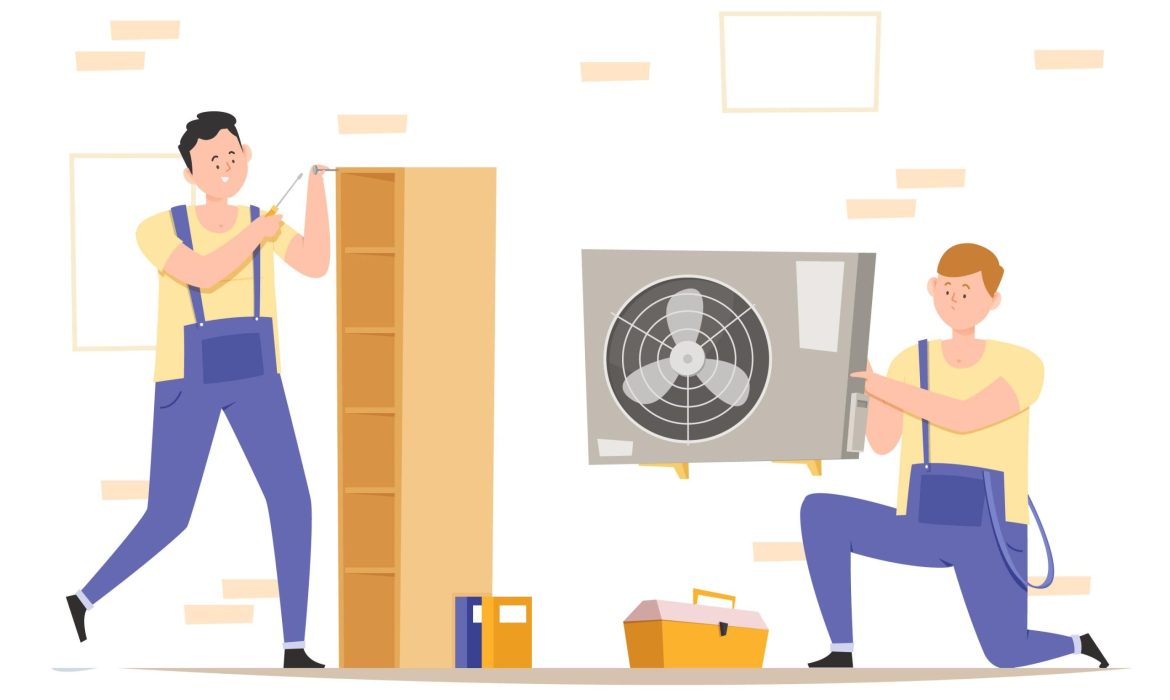Welcome back to Day 4 of our series on Smart Home Technology! So far, we’ve explored the fundamentals of smart homes, delved into the benefits of smart lighting, and examined how smart thermostats can save you money and energy. Today, we’re shifting our focus to a critical aspect of home automation: Home Security Systems and Smart Cameras.
Your home’s security is paramount, and smart home technology has revolutionized the way we protect our living spaces. With smart security systems and cameras, you can monitor your home in real-time, receive instant alerts, and even interact with visitors—all from the convenience of your smartphone. Let’s explore how these devices work, their benefits, and how to choose the right security setup for your home.
Introduction to Smart Home Security
Smart home security systems combine traditional security measures with modern technology to provide enhanced protection for your home. These systems often include smart cameras, doorbell cameras, motion sensors, smart locks, and alarm systems, all connected through a central hub or app.
The primary advantage of smart home security is its connectivity. You can receive instant notifications on your phone if a sensor is triggered, view live footage from your security cameras, and even control your system remotely. Whether you’re at work, on vacation, or just in another room, smart security systems give you peace of mind by keeping you connected to your home at all times.
Key Components of a Smart Home Security System
A comprehensive smart home security system typically includes the following components:
- Smart Cameras: These are the eyes of your security system. Smart cameras provide real-time video surveillance of your property, with features like HD video, night vision, motion detection, and cloud storage. Some cameras even offer two-way audio, allowing you to communicate with visitors or deter intruders.
- Smart Doorbell Cameras: Smart doorbells combine the functionality of a doorbell with a camera, allowing you to see and speak to visitors at your door via your smartphone. These are particularly useful for monitoring package deliveries and keeping an eye on who’s coming and going.
- Motion Sensors: These sensors detect movement within your home or on your property and can trigger alerts or alarms. They can be placed in entryways, hallways, and other key areas to provide comprehensive coverage.
- Smart Locks: Smart locks allow you to control your door locks remotely, providing added security and convenience. You can lock or unlock your doors from your phone, set temporary access codes for guests, and receive notifications when someone enters your home.
- Alarm Systems: Smart alarm systems can be integrated with your smart home security setup to provide an additional layer of protection. These systems can be programmed to trigger alarms, send notifications, and even alert authorities in the event of a security breach.
Benefits of Smart Home Security
Investing in a smart home security system offers several advantages that go beyond traditional security measures:
- Remote Monitoring: One of the biggest benefits of smart security is the ability to monitor your home from anywhere. Whether you’re at the office or on vacation, you can check in on your property at any time using your smartphone.
- Real-Time Alerts: Smart security systems send instant notifications to your phone if something unusual is detected, such as motion in a restricted area or a door being opened unexpectedly. This allows you to respond quickly to potential threats.
- Deterrence: Visible smart cameras and doorbell cameras can act as a deterrent to potential intruders. Knowing that they are being recorded can discourage criminals from targeting your home.
- Integration with Other Smart Devices: Smart home security systems can be integrated with other devices, such as smart lights or thermostats, to create automated routines that enhance security. For example, you can set your lights to turn on automatically when motion is detected outside.
- Peace of Mind: Perhaps the most significant benefit of smart home security is the peace of mind it provides. Knowing that your home is being monitored 24/7 helps you feel secure, even when you’re not there.
Choosing the Right Smart Security System
When selecting a smart home security system, it’s essential to consider your specific needs and the features that are most important to you. Here are some factors to keep in mind:
- Coverage Area: Determine the areas of your home that you want to monitor and choose cameras and sensors accordingly. For larger properties, you may need multiple cameras or extended-range sensors.
- Video Quality: Look for cameras with high-definition video and night vision capabilities to ensure clear footage day and night.
- Storage Options: Consider whether you prefer cloud storage or local storage for your video recordings. Cloud storage typically requires a subscription but offers the advantage of remote access.
- Smart Home Compatibility: Ensure that the security system you choose is compatible with your existing smart home devices and platforms, such as Alexa, Google Assistant, or Apple HomeKit.
- Ease of Installation: Some smart security systems are DIY and easy to install, while others may require professional installation. Choose the option that best suits your comfort level.
Optimizing Your Smart Security System
To maximize the effectiveness of your smart home security system, consider these tips:
- Positioning Cameras: Place cameras in strategic locations, such as entry points, driveways, and common areas. Ensure that they have a clear view of the area you want to monitor and are positioned out of reach to prevent tampering.
- Setting Up Notifications: Customize your notification settings to avoid unnecessary alerts. For example, you might want to receive notifications only when motion is detected during certain hours or in specific zones.
- Creating Routines: Integrate your smart security system with other devices to create automated routines. For example, you can set your smart lights to turn on automatically when motion is detected outside or when someone rings the doorbell.
- Regular Maintenance: Keep your security system up to date by regularly checking for software updates, testing your sensors and cameras, and ensuring that batteries are charged or replaced as needed.
Looking Ahead
A smart home security system is an essential investment in protecting your property and loved ones. By providing real-time monitoring, instant alerts, and seamless integration with other smart devices, these systems offer a level of security and convenience that traditional methods simply can’t match.
Tomorrow, we’ll be exploring Voice Assistants and how they can make your home more interactive. From controlling your smart devices to providing helpful information, voice assistants are the gateway to a truly connected home. Stay tuned as we continue our journey into the world of smart home technology!



